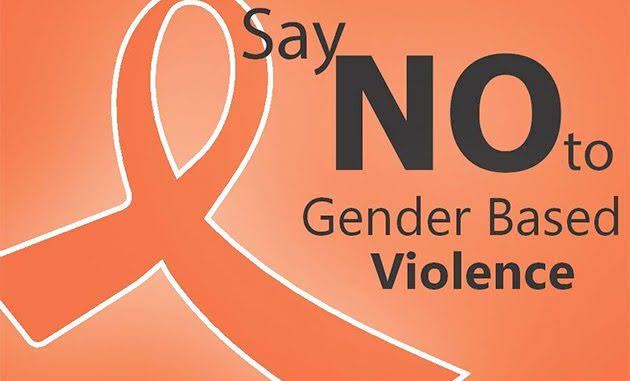Gender-based violence (GBV) is widespread and 26 per cent of women aged 15 to 49 have reported experiences of sexual abuse. It is on this backdrop that Northern traditional and religious leaders converged for a two-day summit on ending Gender-based violence, moving from awareness to taking action.
Daily Trust reports that the summit, which was organised by the Sultan Foundation for Peace and Development, examined the roles of leaders in the preservation of the rights of women and girls.
- PODCAST: How Nigerians’ Love For Foreign Goods Is Killing The Naira
- How Abuja community is coping with darkness for over 70 years
The summit also examined the recent upsurge of GBV in Nigerian which has become a pandemic within a pandemic as well as the medical and psychological implications of sexual and GBV and harmful practices.
Speaking at the programme, the Sultan of Sokoto and the President General of the Nigerian Supreme Council for Islamic Affairs (NSCIA) Alhaji Muhammadu Sa’ad Abubakar called on governors in the region yet to domesticate the Child Rights Act (CRA) to do so in order to fight violence against women and children.
The Sultan, who has taken the lead in the fight against sexual and gender-based violence, said the scourge continues to be very high in communities despite several intervention efforts by governments and different stakeholders at different levels.
He said: “Every blessed day we hear frightening accounts of abuse of children, young women and boys, including those in matrimonial homes and in some instances mentally ill persons living on the streets.
“Nigerians, and indeed the international community, look up to us as traditional and religious leaders for a moral direction and practical support to realize violence and harm-free society. Therefore, to address this menace headlong I will make these passionate appeals as follows:
“We as Royal Fathers and faith leaders need to step up our roles as custodians of custom, tradition and faith in making sure that women and girls are safe, secured and protected. We are therefore committed to using our spheres of influence to change societal attitudes by reframing violence as a social problem. We will play an active role in broader efforts to prevent violence against women and girls. Strengthen our alliances and networks with organizations working on gender-based violence, to help raise the visibility of the problem on the national agenda. Identify champions among our membership who will lead awareness-raising interventions to end all forms of violence against women and girls.”
According to the Sultan, “Government at community level should put in place a sex –offenders register to name and shame perpetrators and end the impunity around Gender-based Violence as well as establish and fund at least one GBV response centre and shelter with government-paid staff deployed and with effective linkages to other support services that survivors may need.”
Vice President, Yemi Osinbajo who was represented by the Minister of Women Affairs and Social Development, Dame Pauline Tallen, urged state governments to intensify efforts to address the issue of Gender-Based Violence in their territories.
He, however, said unless all stakeholders took practical steps to protect the vulnerable population, especially women and girls, the nation would be the worse for it in the years ahead.
To the Northern traditional rulers and faith leaders, the Vice President said: “You are the custodians of the society and highly respected in your communities so, if you want to take action against perpetrators of violence against women and girls, we can have a better society and achieve a greater result in addressing the menace of Gender-Based Violence that is before us.”
The President, Christian Association of Nigeria (CAN), Reverend Samson Ayokunle charged royal fathers and faith leaders to step up their roles as custodians of custom, tradition and faith in making sure that women and girls were safe.
On her part, the UN Deputy Secretary-General, Amina Mohammed said one out of every three women experience Gender-Based Violence in their lifetime adding that the COVID-19 pandemic had exacerbated the challenge reversing the many gains made in addressing the issue.
Amina said traditional leaders are central to addressing structural inequalities and transforming communities for the better.

 Join Daily Trust WhatsApp Community For Quick Access To News and Happenings Around You.
Join Daily Trust WhatsApp Community For Quick Access To News and Happenings Around You.


